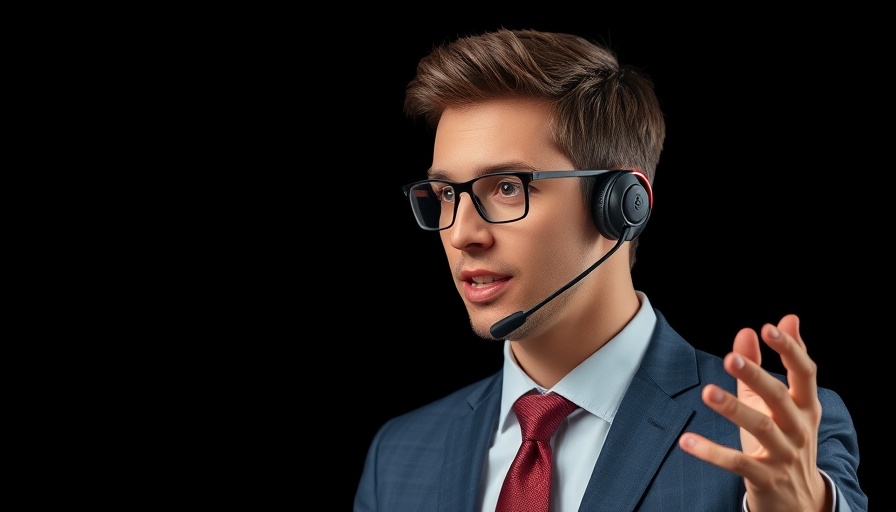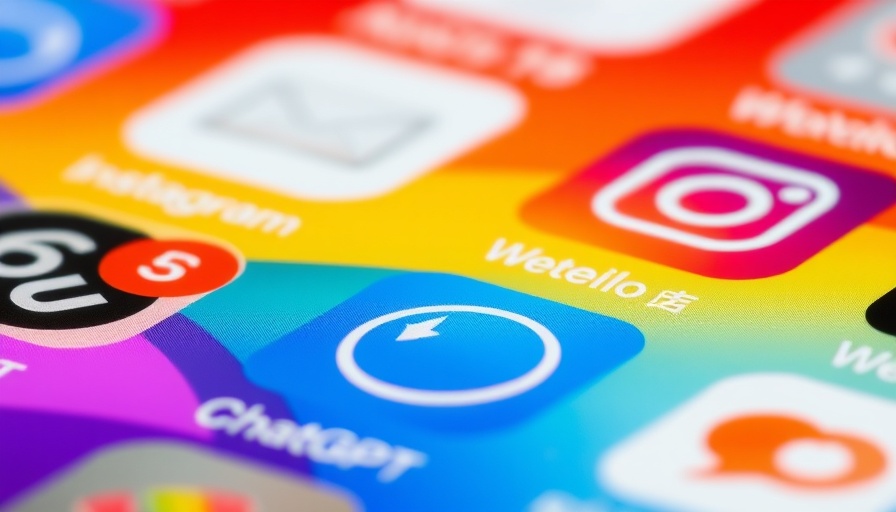
The Legal Battle Over AI: A Landmark Case
In a significant legal development, a federal judge has allowed a lawsuit brought by media giants like The New York Times against OpenAI to move forward. This ruling raises fundamental questions about copyright laws in the age of artificial intelligence and the ethical implications of training AI systems on copyrighted content.
What's at Stake for Content Creators?
The lawsuit stems from the concern that OpenAI's technology, such as its chatbot, ChatGPT, could unfairly replicate journalists' work. The Times claims that OpenAI has effectively “stolen billions of dollars worth of work” by paraphrasing or reproducing its articles verbatim, which threatens the integrity and livelihood of the news industry. This case has broader implications for intellectual property rights in the digital realm, where traditional models of content ownership are increasingly challenged by technological advancements.
Fair Use vs. Copyright Infringement: The Need for Clarity
OpenAI has broadly stated that it builds its AI models using information that is publicly available, grounded in fair use principles. However, as Judge Sidney Stein indicated, the nuances of copyright law must be carefully considered in the context of modern AI applications. The outcome of this case could redefine what constitutes fair use and provoke new standards for copyright protection in the tech industry.
Implications for AI Technology Development
This lawsuit is not just about protecting the rights of journalists; it reflects a critical moment in AI development. If the courts side with the media companies, AI developers could face stricter regulations concerning the data they utilize to train models. Conversely, a ruling favoring OpenAI could pave the way for more aggressive AI innovation without considering possible ethical ramifications on content creators.
Catalyst for Change in Technology and Journalism
This case represents a crucial intersection between technology and journalism, highlighting the ongoing struggle for creative rights in the digital age. If successful, it could inspire not only greater legal protections for journalists but also initiate conversations around how large tech companies utilize creative content. Thus, this lawsuit could be a catalyst for significant change, establishing benchmarks for payment and use of content across multiple platforms.
Expectations and Future Outcomes
As the lawsuit progresses toward a possible jury trial, both sides have their arguments prepared. The media organizations might lean on the argument that without adequate recourse, they risk losing their positions in an industry that already faces numerous financial challenges due to declining ad revenues and increased online competition. On the flip side, OpenAI will likely emphasize the need for innovation and advancement in AI technology, which can lead to societal benefits.
Take Action: Stay Informed about AI Developments!
This lawsuit is one piece of a much larger puzzle concerning the future of AI and copyright law. For AI enthusiasts and tech-savvy individuals, keeping abreast of these developments is crucial. Understanding the implications of such legal battles can empower you to engage in informed discussions about AI technologies and their role in society.
 Add Row
Add Row  Add
Add 




 Add Row
Add Row  Add
Add 

Write A Comment